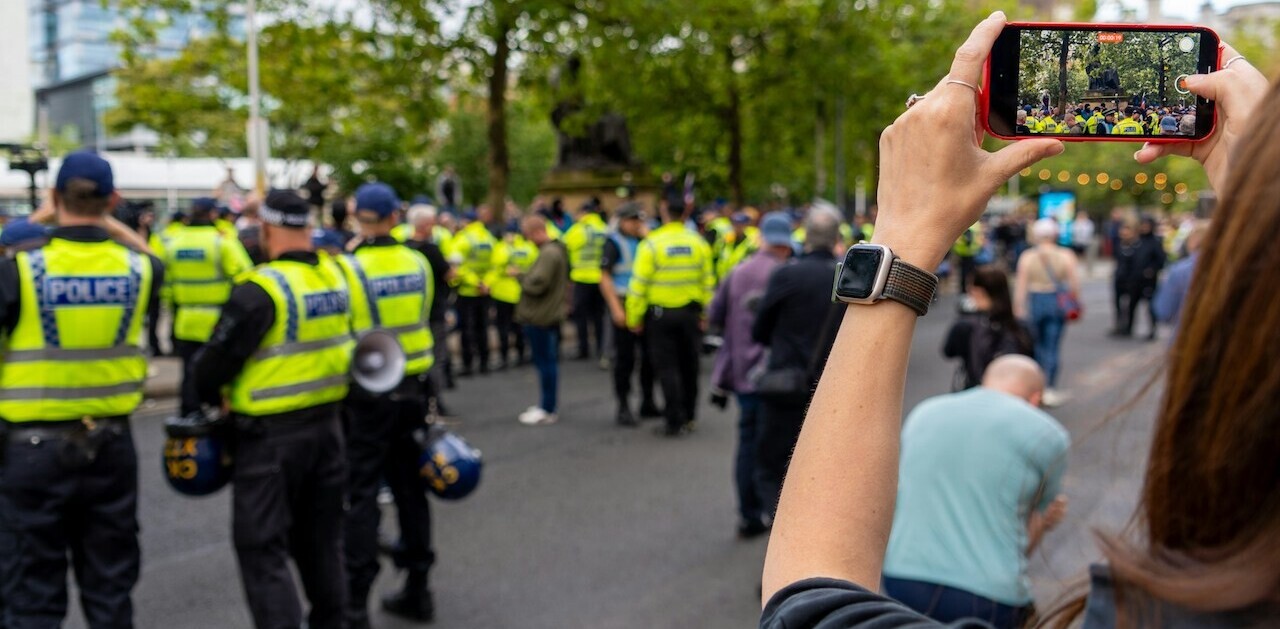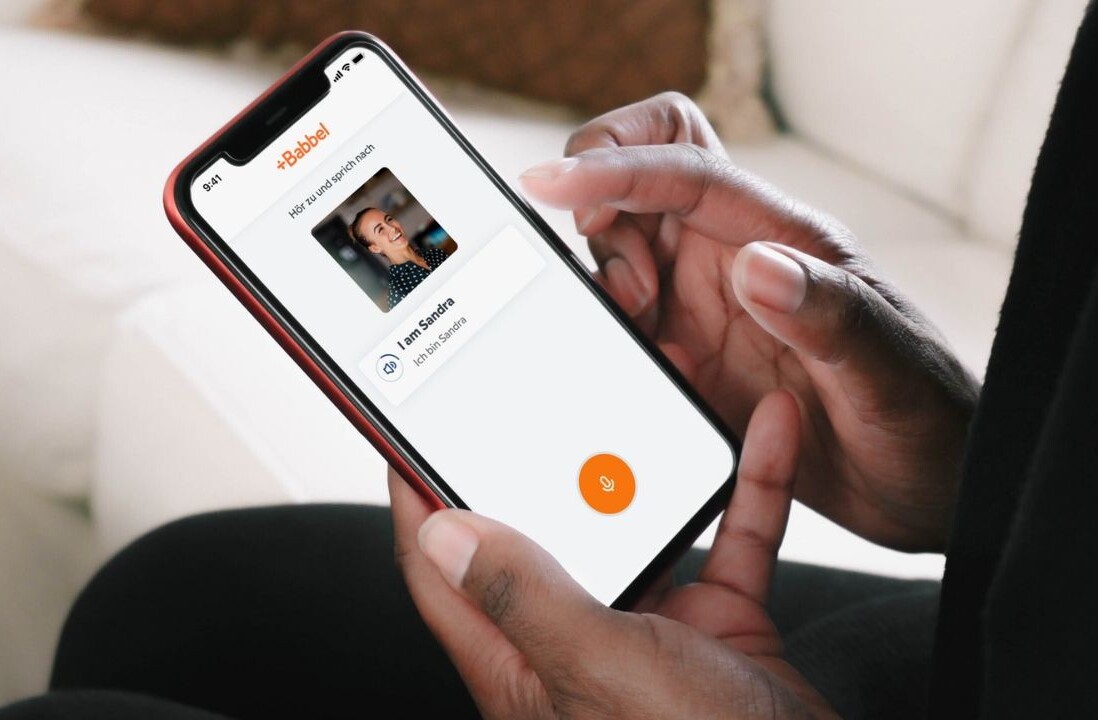
2011 was a tumultuous year for the Middle East, but the troubles also served as a reminder of the role technology can play in giving everyone a voice.
Live video-streaming platform Bambuser is one example of how citizens took the initiative and reported on events from their own perspective, often from positions unreachable by traditional media outlets. And now as The Guardian reports, a new mobile app is looking to harness the power of roving smartphone-owners to create a compendium of crowdsourced clips that tell the story of key events from multiple perspectives.
Vyclone: Videos from the masses
Vyclone is a free iOS app that professes to let you “Record life from all angles” – in short, it lets users collaborate from different locations and perspectives to “co-create, sync and share movies”.
So let’s assume you’re watching the Queen’s Diamond Jubilee celebrations – topical, I know – and you film a snippet of the procession using your iPhone. Vyclone lets you upload a clip to its servers, where other users can throw their own shots into the mix to create a crowdsourced movie encompassing, literally, different points-of-view.

How it works…
When you first launch the app, it’s clear the preference is that you log-in with your Facebook credentials, but you can set yourself up with your own Vyclone account too.
Once you’re in you can browse existing videos, or start shooting footage yourself.

It’s worth noting that once you upload a video for the Vyclone-using public to access, others can remix it and do as they please. So imagine you’re at a gig and you capture some great footage, it could find its way onto a multimillion-views YouTube hit. So if you’re precious about your ‘work’, this may not be for you.
That said, you can choose what content you want to share publicly through Vyclone, and whether you want to keep it private between you and your buddies. If you don’t choose ‘public’ or ‘private’, it will default to the former.
The app’s terms and conditions are pretty clear though, and there are potential ramifications for rights-issues depending on where your video collaboration ends up. It says:
“By choosing to post the content to the Vyclone website through the app, you are granting pretty much everyone else the right to use, edit and view your content. It’s 21st Century sharing, and we hope you like that. If you don’t, then don’t hit POST to submit your content to the Vyclone website through the app. Got it? Yes? Super.”
The upshot of this is, well, you could upload a clip on the spur of the moment of a really newsworthy event (think: Arab Uprising), and it could find its way onto a CNN montage in no time. But, you have been warned and you likely won’t have a leg to stand on if you object to how your handiwork has been used.
Moving back to the specifics of the app, a nice little feature is that you can search for movies that have already been  created nearby, which obviously lends itself well to event-specific video collaborations.
created nearby, which obviously lends itself well to event-specific video collaborations.
Once you’re done shooting or remixing the movie with the built-in editing tool, you can choose to broadcast your movie across all the usual social networks.
It’s worth noting that the app is UK-only for now, though as The Guardian notes, a full-scale launch should happen this year. And an Android app is in the works too.
So…what do the creators believe the app will be used for?
“Our big regret is that we didn’t have Vyclone ready in time for the Arab unrest or Occupy Wall Street protests, as it would have been a very powerful tool to record what was truly happening,” says Chief Executive David King Lassman in the interview with The Guardian’s Stuart Dredge.
“We’re convinced that citizen journalism will be a key application for the product. But the reason we’re putting this out into the public domain is that people will find uses for this that we couldn’t possibly begin to imagine.”
In other words, your only limit is your imagination. Citizen journalism is only one potential use-case for Vyclone.
➤ Vyclone
Get the TNW newsletter
Get the most important tech news in your inbox each week.





